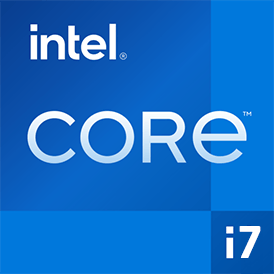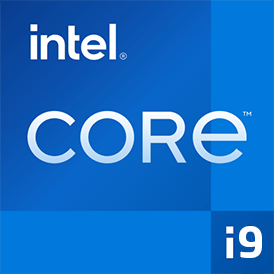
What's the best choice Intel Core i9-13900 or Intel Core i7-7700K? Which processor is faster?
We have prepared a comparison to help you choose the best processor. Compare their specifications and benchmarks.
Intel Core i9-13900 has a maximum frequency of 2.00 GHz (5.60 GHz). 24 / 32 Cores. Power consumption of 65 W. Released in Q1/2023.
Intel Core i7-7700K has a maximum frequency of 4.20 GHz. 4 Cores. Power consumption of 91 W. Released in Q1/2017.
 Reasons to consider
Reasons to consider Place in the overall ranking
(based on several benchmarks)
More number of cores
20 times more cores
Performance per watt
times less performance per watt
Common positions Intel Core i9-13900 CPU in popular benchmarks, for comparison with other models.
 Reasons to consider
Reasons to consider Place in the overall ranking
(based on several benchmarks)
Higher clock speed
Around 52% better clock speed
Common positions Intel Core i7-7700K CPU in popular benchmarks, for comparison with other models.
 Intel Core i9-13900
Intel Core i9-13900

Background information about the processors being compared, series, generation and market segment.
Basic parameters such as number of cores, number of threads, base and turbo frequency, and cache size. These parameters indirectly tell about the speed of the processor, the higher they are the better.
Internal Graphics does not affect the performance of the CPU, performs the work of the graphics card in its absence or on mobile devices.
Built-in codecs used to encode and decode content. Significantly speeds up the required operations.
Types, channel quantity of RAM supported by Intel Core i7-7700K and Intel Core i9-13900. Depending on the motherboards, higher or lower memory frequencies may be supported.
Compare the TDP requirements of TDP Intel Core i9-13900 and Intel Core i7-7700K to select a cooling system. Note, the TDP value refers to thermal watts, not electrical watts.
Architecture, interfaces, additional instructions supported by Intel Core i9-13900 and Intel Core i9-13900, virtual machine technologies and process technology.
Based on the results of several benchmarks, you can more accurately estimate the difference in performance between Intel Core i9-13900 and Intel Core i7-7700K.
Compare the synthetic test values and choose the best processor!